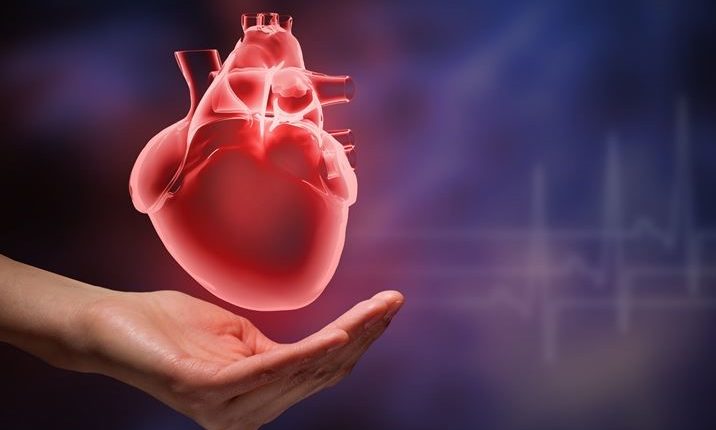
Heart murmur, an often innocent rustling sound: what it is
A heart murmur is not always a sign of illness, but it is worth investigating its origin. It is a rustling sound, a ‘vibration’ that produces a noise perceptible to an expert ear
It is very often found in children, an estimated 7 out of 10, but in most cases has no clinical significance.
The causes of heart murmur
Heart murmur is very common, but generally, besides being innocent because it is caused by contingent situations with no link to pathological conditions, it does not cause particular discomfort.
It is often caused by an accelerated heartbeat which causes this so-called hyperkinetic murmur.
There are also cases of pathological murmurs, which originate from heart disease, but these are quite rare.
On the other hand, cases in which the heart murmur is produced by a situation of agitation or fatigue, during febrile episodes or following intense physical activity are not rare.
By increasing the speed with which blood passes through the cardiac structures, these conditions cause the vibration, especially if there is a false tendon cord inside the heart.
ECG EQUIPMENT? VISIT THE ZOLL BOOTH AT EMERGENCY EXPO
The diagnosis of heart murmur in 2 simple steps
It is possible to ascertain the presence of a heart murmur following a thorough examination and the performance of an echocardiogram.
In particular, the echocardiogram can:
- show the presence of an inter-atrial defect;
- show the presence of an interventricular defect, which produces a more pronounced murmur;
- ascertain the presence of other congenital defects, for example, at the level of the Botallo’s duct or Aortic Coarctation.
The definition of heart murmur with criteria of pathogenicity can be made by the doctor, paediatrician or cardiologist through these 2 simple procedures.
Valve murmurs
In addition to those that can be defined as ‘innocent’, thanks to two-dimensional Transthoracic Echocardiography with colour Doppler and 3D (three-dimensional) evaluation, it is also possible to evaluate the so-called valve murmurs.
These valve murmurs may be related to a congenital or degenerative abnormality of the aorta, pulmonary valve or mitral valve.
In this case, therefore, further investigation is required to discriminate between true pathogenicity or the paraphysiological form.
Heart murmur and sport
In view of the above, therefore, a green light for sportsmen and women and athletes.
In the presence of a heart murmur, practising sport is in no way contraindicated.
However, it is advisable to ascertain the cause by means of an echocardiogram to find out if it is a congenital or valvular pathology, which will be treated when it becomes a pathology or if it creates problems.
In the case of professional athletes, sporting fitness examinations and a subsequent specialist cardiological opinion will determine whether and when to intervene.
Read Also:
Emergency Live Even More…Live: Download The New Free App Of Your Newspaper For IOS And Android
Survive An OHCA – The American Heart Association: Hands-Only CPR Increases Survival Rate
CPR In Pregnant Women: Complications And Studies
What Is The Difference Between CPR And BLS?
AHA Issues New Guidelines For Performing CPR During Pandemic
New Heart Failure Guidelines Expand Focus On People At Risk Or Showing Early Signs
Firefighters’ Risk Of Irregular Heartbeat Linked To Number Of On-The-Job Fire Exposures



